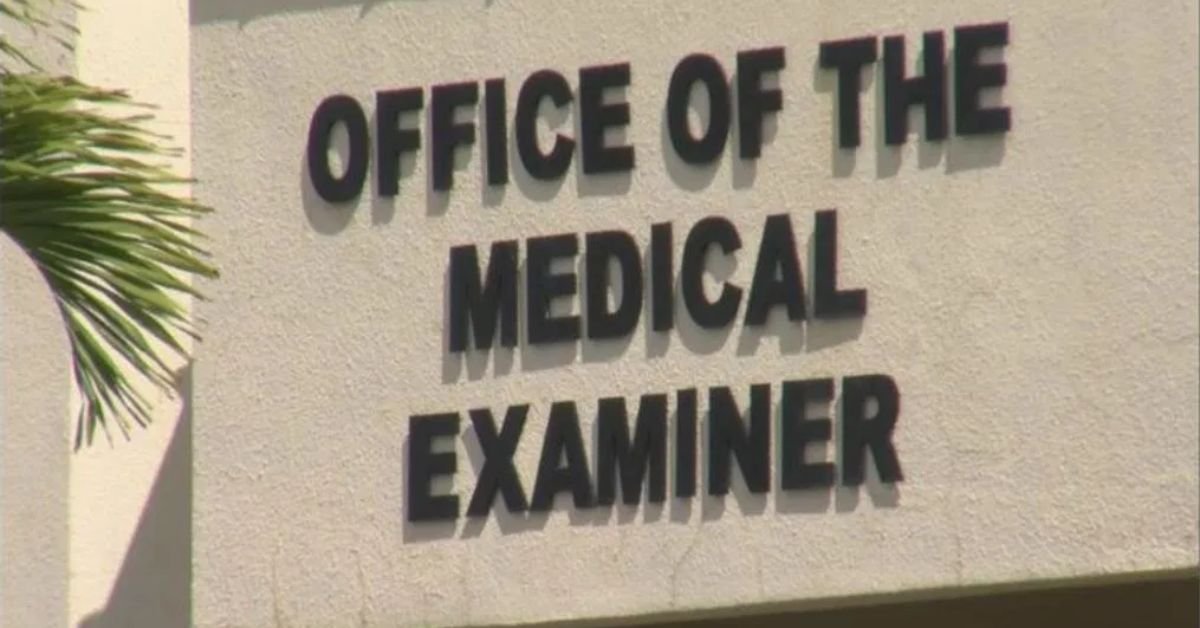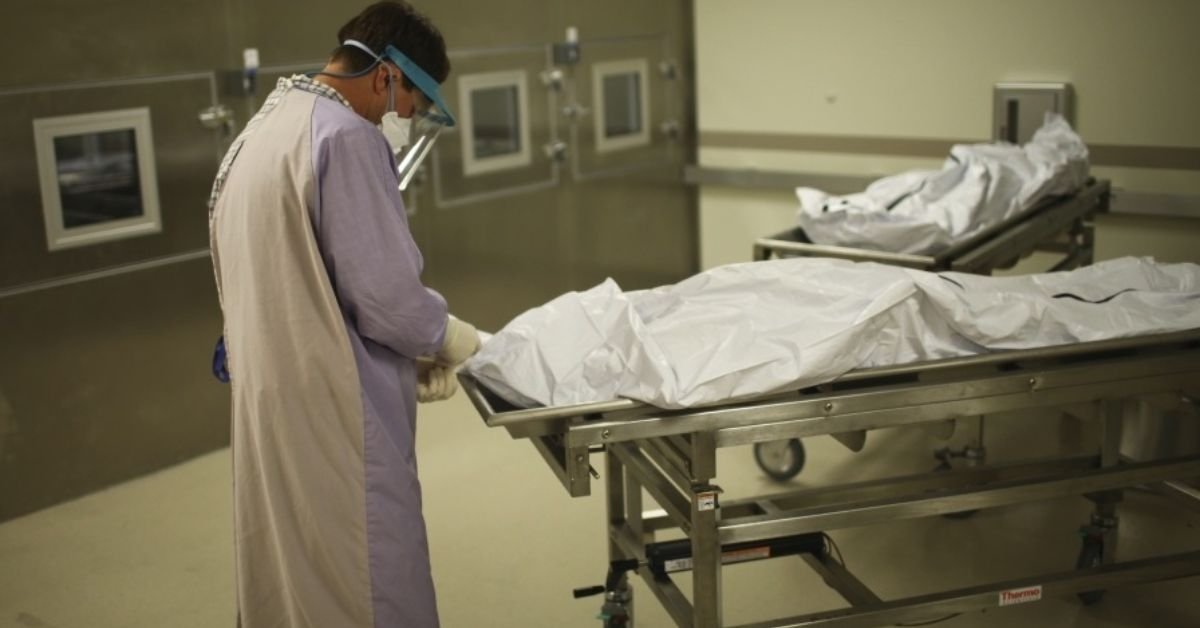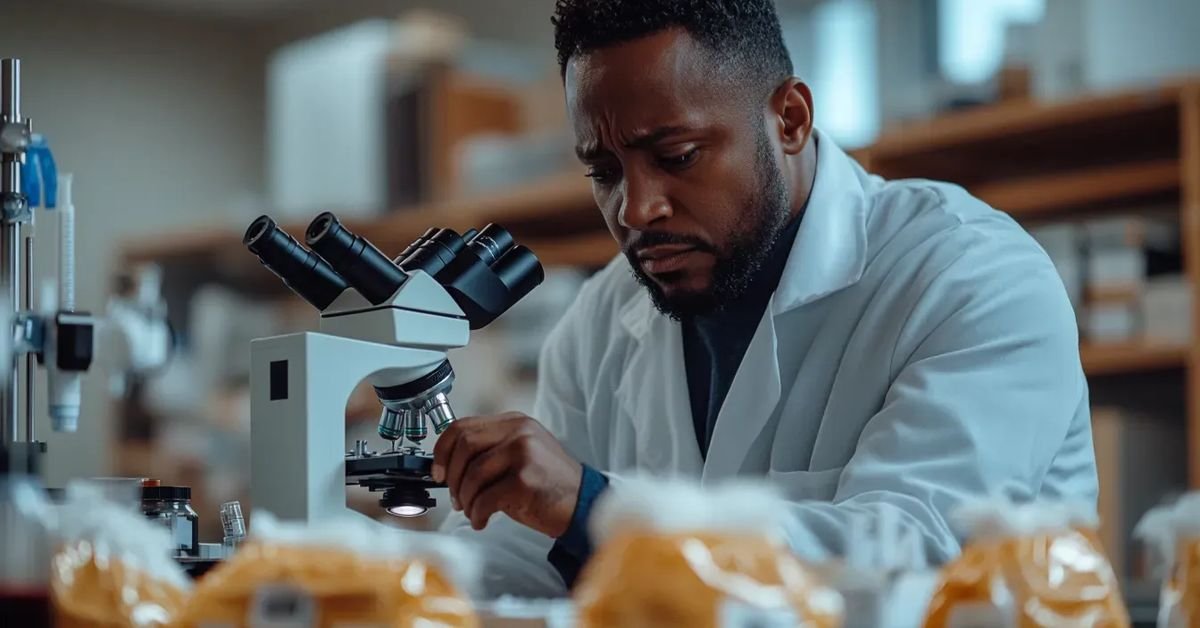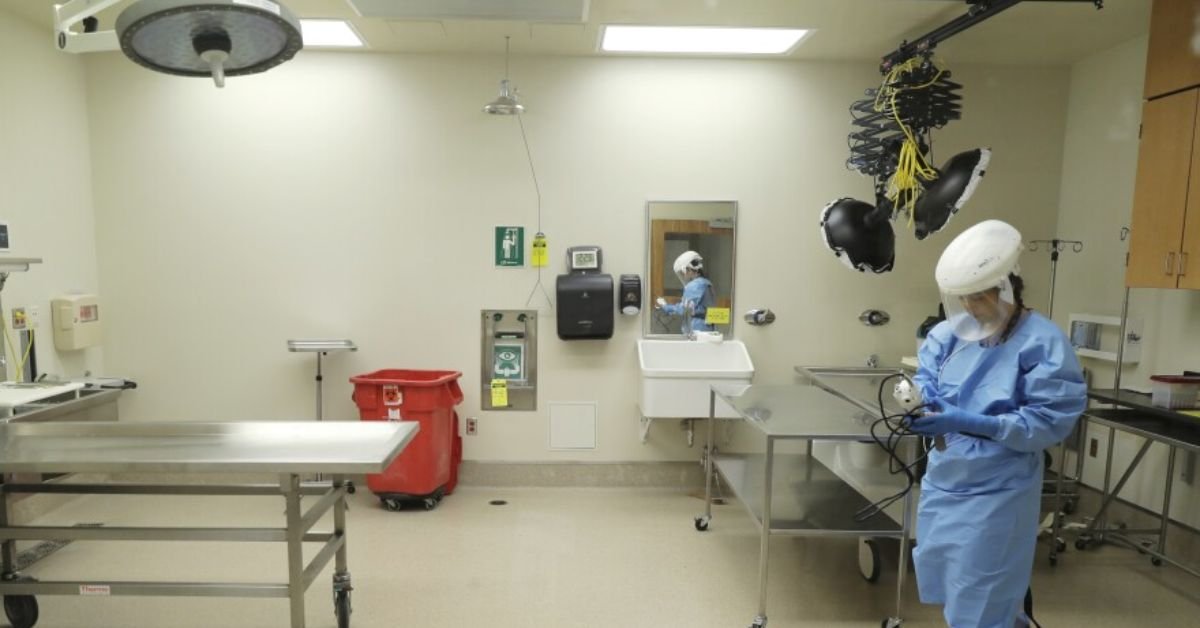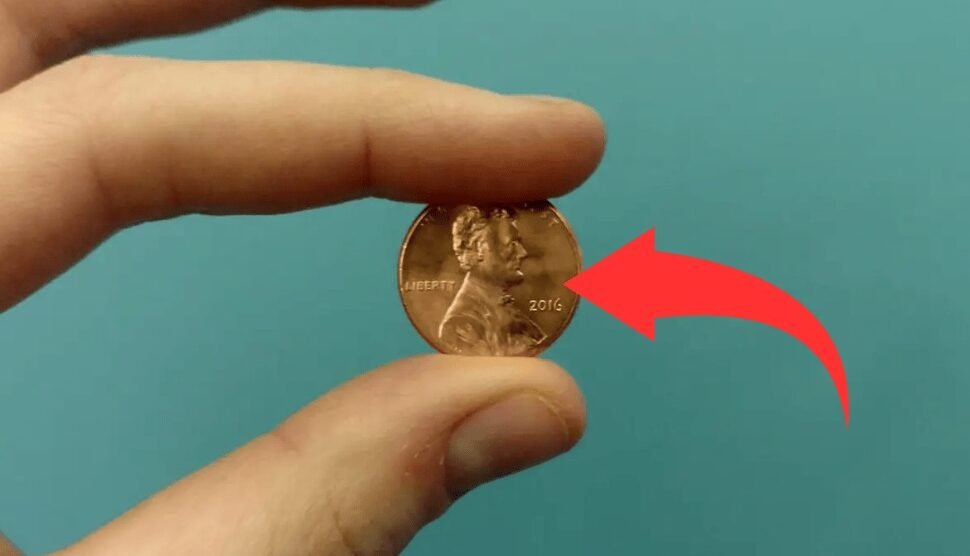Medical examiner offices in Florida are critical components of the state’s medicolegal death investigation system. They function under a structured legal and administrative framework to determine the cause and manner of deaths that fall under state jurisdiction. This article explains the organization, governance, and operational procedures of Florida’s medical examiner offices, highlighting statutory authority, regional structure, investigative processes, and interagency collaboration.
1. Legal Framework and Authority
Florida’s medical examiner system is governed by Chapter 406, Florida Statutes, which mandates the investigation of certain types of deaths, including:
- Violent, suspicious, or unnatural deaths
- Deaths without known medical conditions
- Deaths in custody or while institutionalized
- Deaths that pose a threat to public health
The law provides legal authority for medical examiners to conduct autopsies, order toxicological examinations, and certify the cause and manner of death. The Florida Administrative Code (Rule Chapter 11G) outlines additional policies on reporting, recordkeeping, and interagency communication.
2. Regional Structure: 25 Medical Examiner Districts
Florida is divided into 25 medical examiner districts, each serving one or more counties. These districts are established by the Medical Examiners Commission (MEC), a governing body under the Florida Department of Law Enforcement (FDLE).
| District | Served Area | Office Location Example |
|---|---|---|
| District 1 | Escambia, Okaloosa, Santa Rosa | Pensacola |
| District 4 | Duval, Nassau, Clay | Jacksonville |
| District 11 | Miami-Dade County | Miami |
| District 21 | Lee, Hendry, Glades | Fort Myers |
Each district is overseen by a Chief Medical Examiner, who is a board-certified forensic pathologist appointed by the MEC.
3. Appointment and Oversight
The Medical Examiners Commission (MEC) is responsible for:
- Appointing chief medical examiners
- Setting operational standards
- Reviewing complaints or performance issues
- Conducting audits and ensuring compliance
The MEC is composed of representatives from the FDLE, Florida Sheriffs Association, Florida Medical Association, and other relevant agencies, ensuring multi-agency oversight and accountability.
4. Responsibilities of Medical Examiner Offices
| Function | Description |
|---|---|
| Postmortem Examinations | Conduct autopsies, external exams, and tissue analysis |
| Death Certification | Determine and record cause and manner of death |
| Evidence Handling | Collect and document forensic evidence for legal proceedings |
| Court Testimony | Provide expert witness testimony in criminal or civil cases |
| Public Health Reporting | Identify disease outbreaks or mortality trends affecting the community |
Medical examiner offices work closely with law enforcement, state attorneys, public defenders, and public health departments to ensure comprehensive investigative outcomes.
5. Operational Workflow
The standard case workflow includes:
- Case Referral – Deaths are reported by law enforcement, hospitals, or funeral homes. The office determines whether jurisdiction is accepted under Chapter 406.
- Scene Investigation – Trained death investigators or forensic pathologists assess the scene or collect background data.
- Autopsy and Analysis – If warranted, a full or partial autopsy is conducted. Ancillary tests (toxicology, histology) are ordered.
- Death Certification – The cause and manner of death are certified and submitted to the Department of Health.
- Reporting and Case Closure – Final autopsy reports are prepared, including photographic documentation and expert findings.
6. Staffing and Facilities
Each office includes a multidisciplinary team that may consist of:
| Role | Duties |
|---|---|
| Chief Medical Examiner | Oversees all forensic operations and legal compliance |
| Associate/Deputy ME | Performs autopsies, certifies deaths, and testifies in court |
| Medicolegal Investigator | Investigates scenes, interviews witnesses, gathers history |
| Forensic Technician | Assists in autopsy procedures, evidence collection |
| Administrative Staff | Maintains records, files reports, and liaises with families |
Facilities are typically equipped with autopsy suites, cold storage, radiography rooms, and laboratory access. Larger districts may also have in-house toxicology labs or digital forensic capabilities.
7. Accreditation and Standards
While accreditation is not legally required, many Florida offices seek voluntary accreditation through:
- National Association of Medical Examiners (NAME) – Ensures adherence to national standards in forensic pathology
- American Board of Medicolegal Death Investigators (ABMDI) – Certifies professional competency for investigators
Accreditation helps maintain consistent quality and may be a prerequisite for participation in federal programs or grants.
8. Public Access and Reporting
Florida’s government operates under open records laws, meaning that autopsy reports and death records (with limited exceptions) are accessible to the public under Chapter 119, Florida Statutes. However, certain information may be redacted to protect privacy or the integrity of ongoing investigations.
9. Collaboration with Other Agencies
Medical examiner offices routinely collaborate with:
- Law enforcement agencies (local, state, and federal)
- State attorneys and courts
- Florida Department of Health
- Emergency management and disaster response teams
In cases of mass fatalities or public health emergencies, medical examiners coordinate with state and federal agencies, including the Centers for Disease Control and Prevention (CDC) and FEMA.
Conclusion
Medical examiner offices in Florida operate under a structured and regionally distributed system that ensures thorough, science-based death investigations. Governed by state statute and overseen by the Medical Examiners Commission, these offices uphold legal, ethical, and scientific standards in determining causes of death and supporting justice. Their multidisciplinary nature, regulatory compliance, and interagency collaboration position them as vital components of Florida’s medicolegal infrastructure.
References
- Florida Statutes Chapter 406: https://www.flsenate.gov/Laws/Statutes/2023/Chapter406
- Medical Examiners Commission – FDLE: https://www.fdle.state.fl.us/MEC
- Florida Administrative Code Chapter 11G: https://www.flrules.org/gateway/ChapterHome.asp?Chapter=11G
